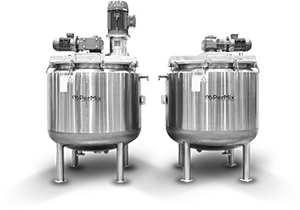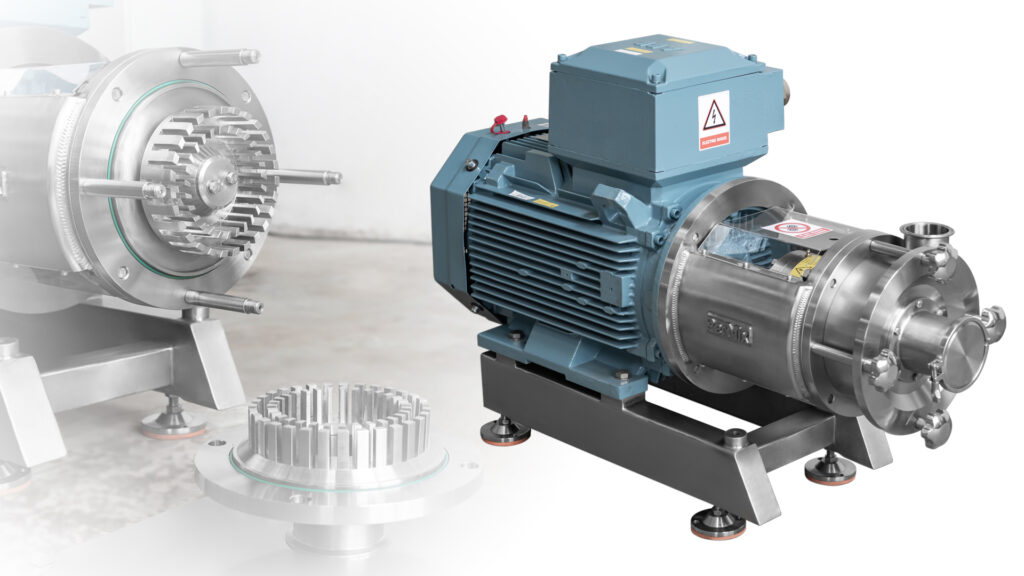Industrial Mixers
PerMix News & Updates



Inline Homogenizers And Achieving Single Pass Shearing Or The Need To Recirculate
Inline homogenizers are devices used in various industries, such as food and beverage, pharmaceuticals, and chemicals, to achieve a uniform mixture or dispersion of different phases, such as liquids, gases, or solids. They work by subjecting the material to mechanical forces, typically through high shear rates, turbulence, or pressure gradients, resulting in a more consistent and homogeneous product.
The choice between achieving single-pass shearing and the need to recirculate depends on the specific requirements of the process and the characteristics of the materials being processed. Let’s explore both scenarios:
The decision between single-pass shearing and recirculation depends on factors such as the desired level of homogeneity, the characteristics of the material, the efficiency of the homogenization equipment, and the overall process requirements. In some cases, a combination of both approaches may be used, with initial passes for coarse homogenization followed by recirculation for fine-tuning.
It’s crucial to carefully evaluate the specific needs of the process and conduct trials to determine the most efficient and effective homogenization strategy for a particular application.